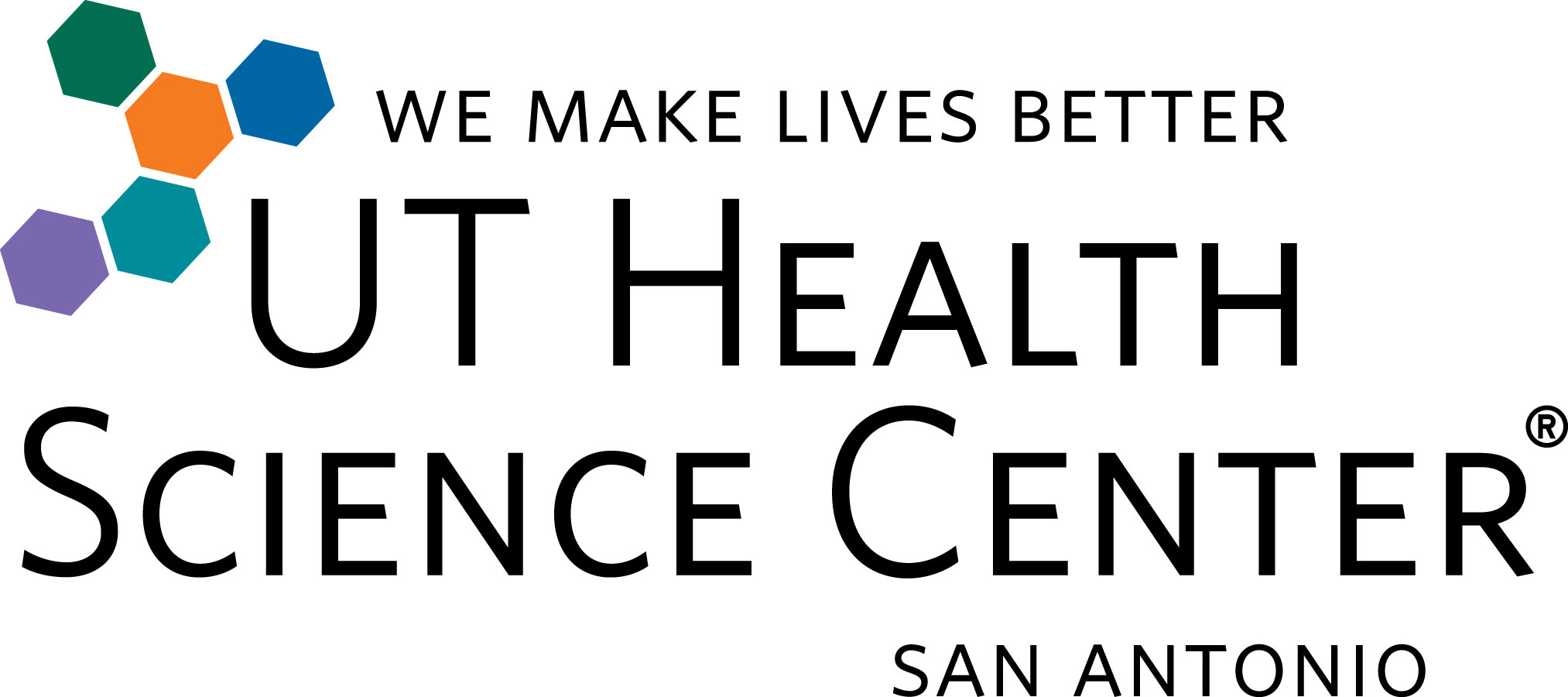Vigabatrin for Treatment of Cocaine Dependence
| Status: | Completed |
|---|---|
| Conditions: | Psychiatric, Pulmonary |
| Therapuetic Areas: | Psychiatry / Psychology, Pulmonary / Respiratory Diseases |
| Healthy: | No |
| Age Range: | 18 - Any |
| Updated: | 10/14/2017 |
| Start Date: | January 2008 |
| End Date: | October 2012 |
Vigabatrin for Treatment of Cocaine Dependence: A Phase II Study
The objective of this study is to demonstrate that a larger proportion of vigabatrin-treated
subjects than placebo-treated subjects will be cocaine-free in the last 2 weeks of treatment.
subjects than placebo-treated subjects will be cocaine-free in the last 2 weeks of treatment.
Cocaine addiction, a serious public health concern associated with significant medical,
social, and economic consequences, is difficult to treat using traditional psychosocial and
behavioral therapies. Despite testing of a number of different agents for cocaine dependency,
there remains no proven pharmacologic treatment for cocaine addiction.
The addictive properties of cocaine have been associated with its actions on
mesotelencephalic dopamine reward pathways in the central nervous system (CNS). Cocaine
administration increases the levels of dopamine, a neurotransmitter associated with
sensations of pleasure and reward. Therefore, blocking cocaine-induced increases in dopamine
levels represents a valid pharmaceutical approach to the treatment of cocaine addiction.
Another neurotransmitter, gamma-aminobutyric acid (GABA), suppresses striatal dopamine
release, and attenuates cocaine-induced increases in extracellular and synaptic dopamine
levels in the striatum and nucleus accumbens in animal models of drug dependence. Significant
elevation of brain GABA levels may reduce cocaine-stimulated dopamine release and dampen the
sensations of pleasure and reward. Thus, drugs that potentiate or enhance GABA-ergic
transmission are candidates for the treatment of cocaine addiction.
social, and economic consequences, is difficult to treat using traditional psychosocial and
behavioral therapies. Despite testing of a number of different agents for cocaine dependency,
there remains no proven pharmacologic treatment for cocaine addiction.
The addictive properties of cocaine have been associated with its actions on
mesotelencephalic dopamine reward pathways in the central nervous system (CNS). Cocaine
administration increases the levels of dopamine, a neurotransmitter associated with
sensations of pleasure and reward. Therefore, blocking cocaine-induced increases in dopamine
levels represents a valid pharmaceutical approach to the treatment of cocaine addiction.
Another neurotransmitter, gamma-aminobutyric acid (GABA), suppresses striatal dopamine
release, and attenuates cocaine-induced increases in extracellular and synaptic dopamine
levels in the striatum and nucleus accumbens in animal models of drug dependence. Significant
elevation of brain GABA levels may reduce cocaine-stimulated dopamine release and dampen the
sensations of pleasure and reward. Thus, drugs that potentiate or enhance GABA-ergic
transmission are candidates for the treatment of cocaine addiction.
Inclusion Criteria:
- Able to understand the study and provide written informed consent.
- Male or female at least 18 years of age.
- Meets DSM-IV (Diagnostic and Statistical Manual of Mental Disorders Fourth Edition)
criteria for cocaine dependence as primary diagnosis, as determined by the Substance
Abuse module of SCID (Structured Clinical Interview for DSM-IV).
- Provide at least one urine sample that is positive for cocaine according to a rapid
screening test.
- Seeking treatment for cocaine dependence.
- Have normal visual fields.
- Be in generally good health based on history, physical examination, electrocardiogram
and laboratory findings.
- If female of childbearing potential, use acceptable contraceptive methods. (oral
contraceptives (the pill), IUDs, contraceptive implants under the skin, contraceptive
rings or patches or injections, diaphragms with spermicide, and condoms with
spermicide). Surgical sterilization by tubal ligation or hysterectomy is acceptable
Exclusion Criteria:
- Has current dependence, as determined by the SCID, on any psychoactive substance other
than cocaine, alcohol, nicotine, or marijuana or physiologic dependence on alcohol
requiring medical detoxification.
- Has any serious medical or psychiatric illness and/or clinically significant abnormal
laboratory value, which in the judgment of the Principal Investigator or his/her
designee would make study participation unsafe, or would make treatment compliance
difficult or put the study staff at undue risk.
- Be under court mandate to obtain treatment.
- Be enrolled in an opiate substitution treatment program within 2 months of
randomization.
- Has ever taken vigabatrin in the past.
- Is pregnant or lactating.
- Has clinically significant ophthalmologic disease, which would preclude safety
monitoring or is undergoing treatment for ocular disease.
- Has received a drug with known major organ toxicity, including retinotoxicity within
30 days of randomization.
- Is currently participating in, or has been enrolled in another clinical trial within
the last 30 days.
- Be anyone who, in the judgment of the investigator, would not be expected to attend
regular study visits or to complete the study protocol, due to imminent relocation
from the clinic area, legal difficulties, work-related problems, transportation, etc.
We found this trial at
11
sites
72 East Concord Street
Boston, Massachusetts 02118
Boston, Massachusetts 02118
(617) 638-5300

Boston University School of Medicine A leader in medical education and research, Boston University School...
Click here to add this to my saved trials
4502 Medical Drive
San Antonio, Texas 78284
San Antonio, Texas 78284
(210) 567-7000

University of Texas Health Science Center at San Antonio The University of Texas Health Science...
Click here to add this to my saved trials
Click here to add this to my saved trials
Click here to add this to my saved trials
Click here to add this to my saved trials
Click here to add this to my saved trials
Click here to add this to my saved trials
Click here to add this to my saved trials
Click here to add this to my saved trials
Click here to add this to my saved trials